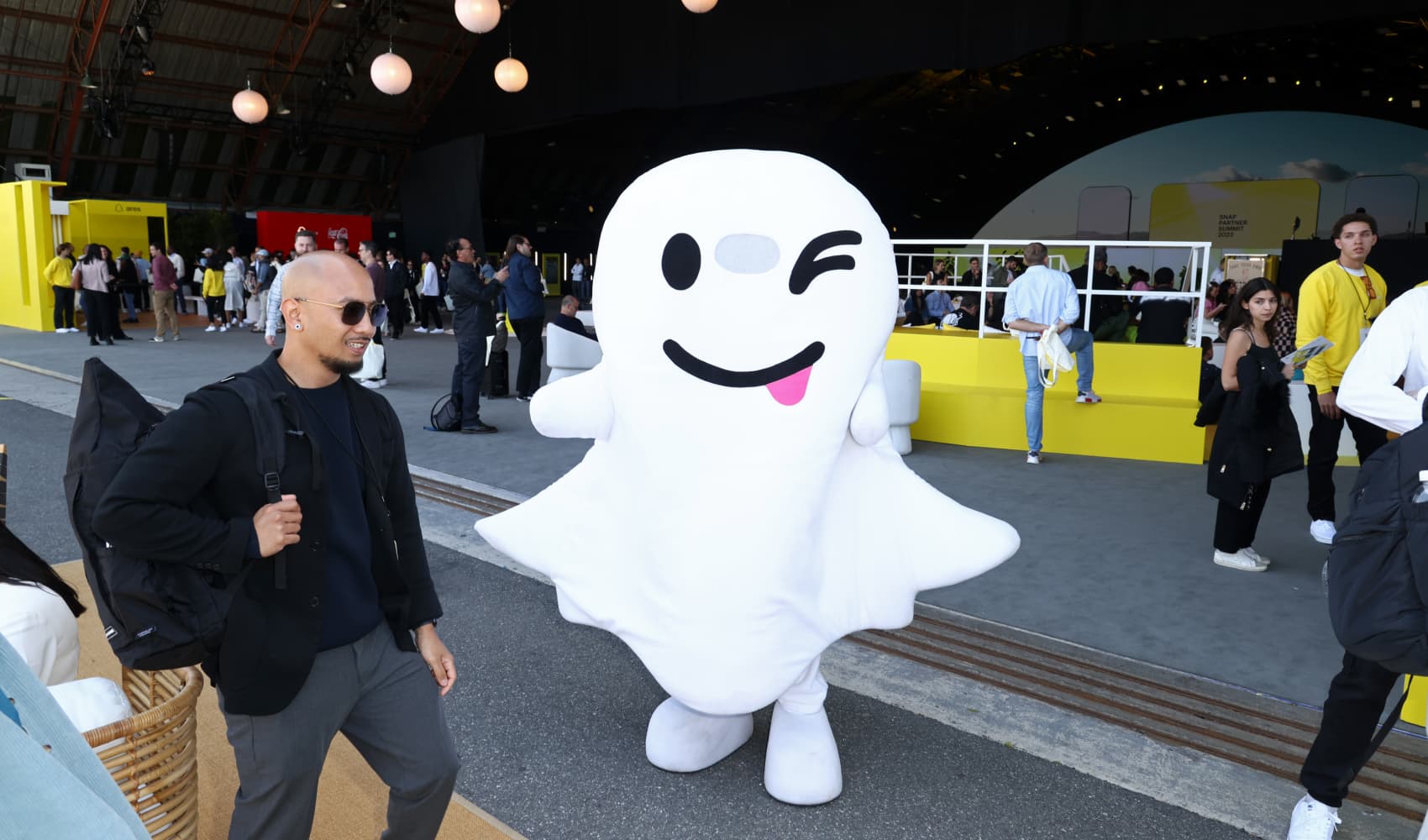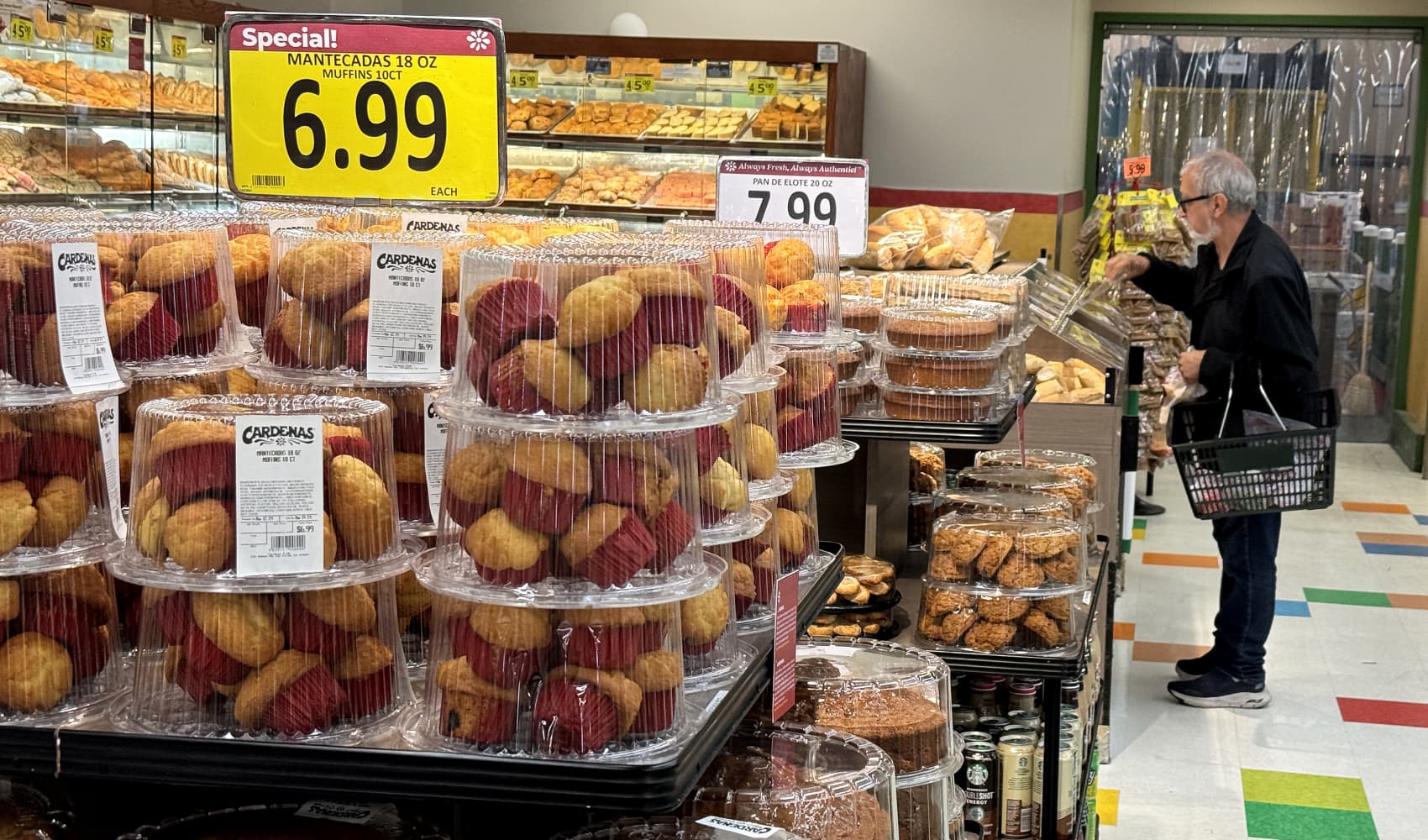
Covid vaccines for young children are here — a critical step toward ending the pandemic.
But plenty of American parents don't plan on signing their kids up right away.
On Tuesday, the Centers for Disease Control and Prevention extended Pfizer's Covid vaccine eligibility to kids ages 5 to 11, enabling roughly 28 million children to get their first doses immediately. Other vaccines likely won't be far behind: Moderna released a statement on Oct. 25 saying its Covid vaccine is safe and effective in kids ages 6 to 11, and that it plans to submit data to the U.S. Food and Drug Administration for approval in the "near term."
Johnson & Johnson's clinical trials for children as young as 12 are expected to start this fall.
Get DFW local news, weather forecasts and entertainment stories to your inbox. Sign up for NBC DFW newsletters.
But only about a third of parents plan to vaccinate their children ages 5 to 11 "right away," according to a Kaiser Family Foundation survey conducted last month — despite hot-button topics such as in-school masking and social distancing creating tension across the country.
Experts say the hesitation is understandable. "As parents, it's our job to understand the health decisions that we're making for our kids," says Dr. Lee Savio Beers, president of the American Academy of Pediatrics. "There's quite a bit of [Covid vaccine] information out there — much of it misinformation — which can be a little hard to filter through."
So, here are five common questions that parents have about the Covid vaccines, with answers from experts:
Money Report
Do young kids even need to be vaccinated?
Covid usually impacts children less severely than adults. Often, kids who get infected only experience mild symptoms — or none at all. But Covid is still a serious illness that can lead to significant long-term effects on children, Beers says.
For example, children who get Covid can develop a deadly complication called multisystem inflammatory syndrome, or "MIS-C." Kids can also transmit the virus to adults at risk of severe illness from Covid, like people who are elderly or immunocompromised.
Vaccines can help minimize the odds of both scenarios, Beers says, and help get everyone's school, sports and socializing experiences closer to normal.
Getting as many of America's 28 million kids ages 5 to 11 vaccinated as possible could also be a major step toward ending the pandemic. As long as the virus can circulate through unvaccinated populations, it can mutate into more dangerous variants.
And kids represent "an unvaccinated reservoir of individuals," says Dr. Ross Kedl, a professor of immunology and microbiology at the University of Colorado School of Medicine.
Are the Covid vaccines safe for children?
Many parents have expressed concern about the speed at which the Covid vaccines were developed and the processes used to monitor their progress.
Some good news, then: The Covid vaccines are subject to the most intensive safety monitoring in U.S. history, Beers says. And on Oct. 26, the FDA reported that it found zero deaths or "significant adverse events" in Pfizer's early Covid vaccine trials for kids.
"When you track on that process, you realize how many checkpoints there are to really make sure that the data is being looked at very, very, very carefully," Beers says.
As for the mRNA technology behind Pfizer's and Moderna's Covid vaccines, Kedl says, it's not actually brand new: It's been under development for decades. For many years, the problem was cost — mRNA vaccines were considered too expensive to manufacture and difficult to scale.
"I'm very grateful towards our scientists for doing this work, not knowing if and when the technology would be needed," Beers says. "It really was here and ready for us at just the right time."
What kind of side effects will young kids get from the Covid vaccines?
Young kids will generally experience similar types of side effects from Covid vaccines as teens and adults — but likely with less severity, says the FDA. That's because, from a physiological standpoint, kids aren't just small adults: Your immune system doesn't fully develop until you reach puberty.
So, your child may experience pain at the injection site, fatigue or headaches after their second dose — but they won't get knocked out from those side effects the way you did. Notably, kids experienced post-shot fever and chills at a far lesser rate than adults — and with much less severity — during clinical trials.
Pfizer's vaccine has a considerably lower dosage for young children than it does for everyone else: 10 micrograms for kids ages 5 to 11, as opposed to 30 micrograms.
The drugmaker found that 10 micrograms was the sweet spot between high levels of antivirus protection and low levels of side effects in young children, Dr. William Gruber, Pfizer's senior vice president of vaccine clinical research and development, said Oct. 26 during a livestreamed FDA meeting.
Similarly, Moderna's vaccine has used 50-microgram doses for kids ages 6 to 11 during clinical trials, compared with 100 micrograms for adults.
The reason children need only a fraction of the dose to get the appropriate amount of protection, says Kedl, is that they tend to have more robust immune responses than adults. Pfizer's data showed that the lower dose was more than 90% effective at preventing symptomatic infection in young children.
Some parents worry about potential long-term side effects from the Covid vaccines. Beers says that vaccines don't typically create any form of long-term health problem — even long-lasting side effects dissipate after six weeks at most, she notes — and the Covid vaccines are no exception.
Other popular myths — like the Covid vaccines affecting a child's future fertility or development through puberty — are simply untrue, Beers says.
What about the heart problems linked with Covid vaccines and kids?
You may have heard about myocarditis, an extremely rare side effect of the Covid vaccine that can cause heart inflammation in men under 30.
That doesn't appear to apply to children, though the sample size for researchers will obviously grow once more kids become vaccine-eligible. The FDA said that it hasn't seen an uptick in myocarditis cases in the 12 to 17 age group, and that the risk could be even lower for younger children.
The agency also said it hasn't found evidence showing that vaccines can cause MIS-C, the potentially deadly complication for some kids who get sick from Covid.
As of Oct. 6, the CDC has confirmed only 877 cases of myocarditis in people under age 30 after getting Pfizer's or Moderna's Covid vaccines.
Notably, Covid infections cause myocarditis at much higher rates than the Covid vaccines do.
The FDA says its researchers used mathematical models to predict outcomes based on a range of scenarios involving myocarditis, and determined that even in a worst-case scenario, the benefits of Pfizer's Covid vaccine "clearly outweigh the risks for ages 5-11 years."
Will it be hard for me to find a kid-sized dose for my child?
Short answer: Probably not.
Unlike the vaccine rollout for adults, which prioritized high-risk groups, all kids ages 5 to 11 are now eligible to get Pfizer's vaccine — and the country has already been preparing for high levels of demand.
Last month, the Biden administration announced that the U.S. would have enough kid-sized doses and vials for each of the nation's 28 million children ages 5 to 11 by the time a vaccine was authorized.
The White House also said that more than 25,000 pediatricians and primary care providers have already signed up to administer vaccines to kids, and that pediatric vaccines will be manufactured in different packaging than the adult doses to avoid confusion.
Kids can now get a Covid vaccine from their pediatrician and at retail pharmacies, health clinics, hospitals or even school-based sites.
Signing your child up for a Covid vaccine could also be an opportunity to check in with their pediatrician and make sure they're up to date on all their other important shots, including the flu vaccine, Beers says.
Update: This story has been updated to reflect the CDC's endorsement of Pfizer's Covid vaccine for children ages 5 to 11.
Sign up now: Get smarter about your money and career with our weekly newsletter
Don't miss:






